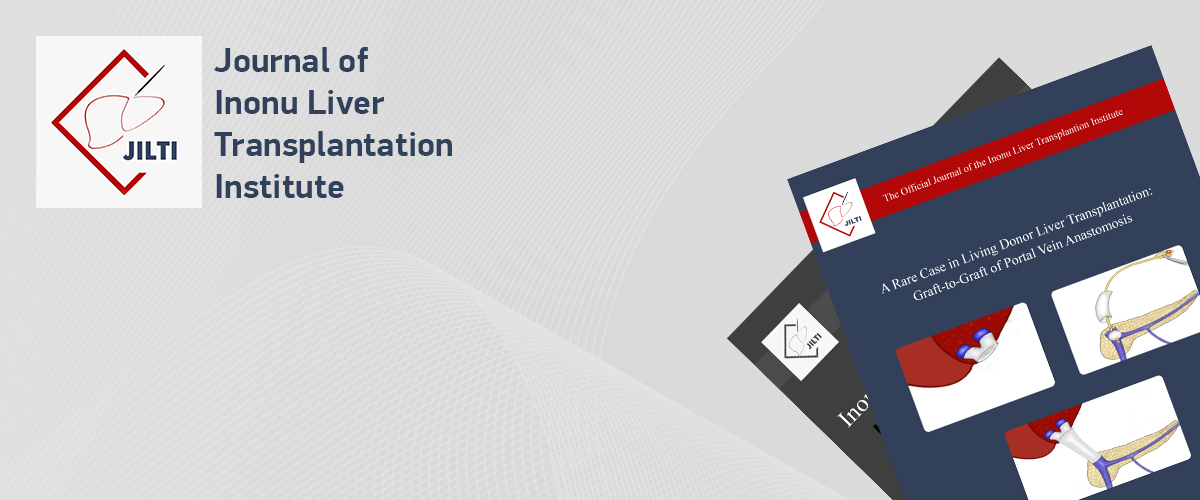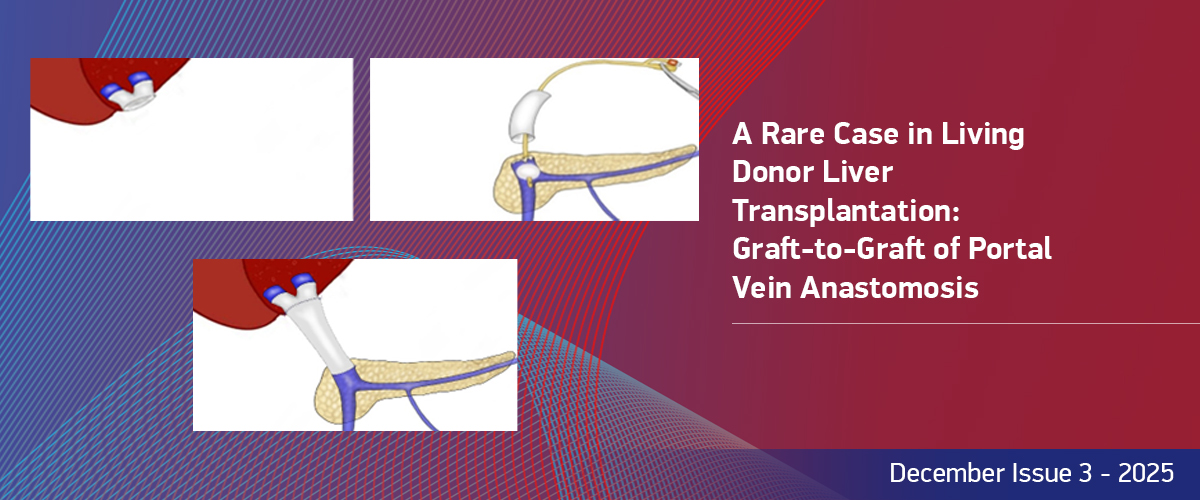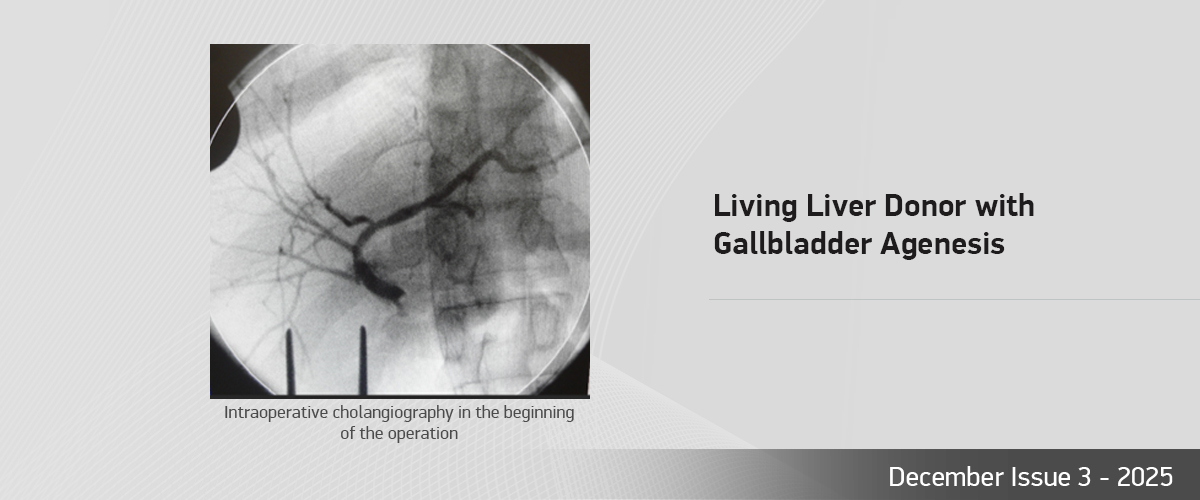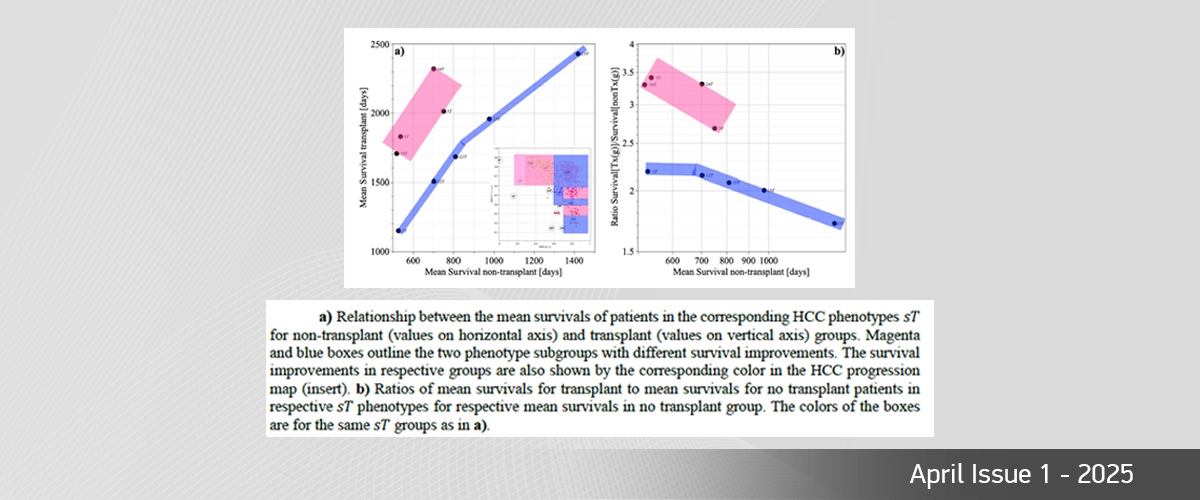Ethics & Policies
Advertisement Policy
All advertisements are subject to the approval of the Publisher or Editor.
Scientific content and editorial decisions are not influenced by advertisements.
Advertisements are separate from scientific content.
The sale and marketing of products within accepted advertisements are not allowed.
The Editor or Publisher of the journal is not responsible for advertisements and their content. This responsibility entirely belongs to the advertiser.
Accepted advertisements may be placed on any page approved by the Editor or Publisher.
Advertising is conducted in accordance with the contract between the advertising company and the journal management.
Advertising content must not include any discrimination based on language, religion, race, gender, age, disability, etc.
Advertisements that are contrary to societal and publication ethics must not be published.
Only advertisements that comply with national regulations and fulfill legal requirements, such as licensing, are accepted for publication.
Advertisements must adhere to competition laws and other relevant regulations.
The journal management shall not be liable for any financial loss due to errors in advertising content.
Each individual listed as an author should fulfill the authorship criteria recommended by the International Committee of Medical Journal Editors (ICMJE). The ICMJE recommends that authorship should be based on the following 4 criteria:
Substantial contributions to the conception or design of the work, or the acquisition, analysis, or interpretation of data for the work; AND
Drafting the work or revising it critically for important intellectual content; AND
Final approval of the version to be published; AND
Agreement to be accountable for all aspects of the work in ensuring that questions related to the accuracy or integrity of any part of the work are appropriately investigated and resolved.
In addition to being accountable for their own work, authors should have confidence in the integrity of the contributions of their co-authors and each author should be able to identify which co-authors are responsible for other parts of the work.
All of those designated as authors should meet all four criteria for authorship, and all who meet the four criteria should be identified as authors. Those who provided a contribution but do not meet all four criteria should be recognized separately on the title page and in the Acknowledgements section at the conclusion of the manuscript.
The Journal of Inonu Liver Transplantation Institute requires that corresponding authors submit a signed and scanned version of the authorship contribution form available for download through during the initial submission process in order to appropriately indicate and observe authorship rights and to prevent ghost or honorary authorship. Please note that the list of authors on the final manuscript will be presented in the order provided on this form. If the editorial board suspects a case of “gift authorship,” the submission will be rejected without further review. As part of the submission of the manuscript, the corresponding author should also send a short statement declaring that they accept all responsibility for authorship during the submission and review stages of the manuscript.
Ethics Policy
The Editorial Board of the Journal of Inonu Liver Transplantation Institute and the Publisher adheres to the principles of the International Council of Medical Journal Editors (ICMJE), the World Association of Medical Editors (WAME), the Council of Science Editors (CSE), the Committee on Publication Ethics (COPE), the US National Library of Medicine (NLM), the World Medical Association (WMA) and the European Association of Science Editors (EASE).
In accordance with the journal's policy, an approval of research protocols by an ethics committee in accordance with international agreements “WMA Declaration of Helsinki - Ethical Principles for Medical Research Involving Human Subjects (last updated: October 2013, Fortaleza, Brazil)” , "Guide for the care and use of laboratory animals (8th edition, 2011)" and/or “International Guiding Principles for Biomedical Research Involving Animals (2012)” is required for all research studies. If the submitted manuscript does not include ethics committee approval, it will be reviewed according to COPE's guideline (Guidance for Editors: Research, Audit and Service Evaluations). If the study should have ethical approval, authors will be asked to provide ethical approval in order to proceed the review process. If they cannot provide ethical approval, their manuscript will be rejected and also their institutions and when needed, the related bodies in their country will be informed that such studies must have ethics committee approval. If they provide approval, review of the manuscript will continue.
For articles concerning experimental research on humans, a statement should be included that shows informed consent of patients and volunteers was obtained following a detailed explanation of the procedures that they may undergo. The journal may request a copy of the Ethics Committee Approval received from the relevant authority. Informed consent must also be obtained for case reports and clinical images.
Studies using human or animal subjects should be approved by the appropriate institutional and local Ministry of Health ethics committees. Ethics approval of research protocols in accordance with international agreements is required for experimental, clinical, and drug studies, as well as for some case reports. Ethics committee reports or an equivalent official document may be requested from the authors. For manuscripts involving experimental research on humans, a statement should be included that shows that written, informed consent of patients and volunteers was obtained. For studies carried out on animals, the measures taken to prevent pain and suffering of the animals should be stated clearly. A statement regarding patient consent, and the name of the ethics committee, the ethics committee approval date, and number should be stated in the Materials and Methods section of the manuscript. It is the authors’ responsibility to carefully protect patients’ anonymity.
Generative AI and Artificial Intelligence (AI) Use Policy
1. Use of AI Tools in Manuscript Preparation
According to the ICMJE recommendations, authors must disclose any use of generative AI or AI-assisted technologies (e.g., ChatGPT, Claude, Gemini) in the preparation of their manuscript. This includes specifying the tool's name, version, and purpose in the appropriate section of the manuscript (e.g., Acknowledgments for writing assistance, or Methods for data analysis)
As emphasized by the World Association of Medical Editors (WAME), AI tools should only be used to improve language or readability under human oversight. Authors remain fully responsible for the integrity, accuracy, and originality of their work. AI tools cannot be listed as authors or cited as such.
2. Authorship and Accountability
In line with COPE’s position statement, authorship implies responsibilities that can only be fulfilled by humans. Every listed author must approve the final version, ensure the originality of the work, and take accountability for all aspects of the manuscript. AI cannot meet these requirements and must not be attributed authorship.
3. Use of AI in Figures and Visual Content
According to JILTI’s AI policy, AI-generated images or figures are generally not permitted, except when AI is part of the research methodology (e.g., in AI-assisted medical imaging). In such cases, full transparency is required in the Methods section, including tool name, version, and technical parameters. Any AI-generated visual content must be clearly labeled as such.
4. Use of AI by Reviewers and Editors
Reviewers and editors are discouraged from using generative AI tools to evaluate or summarize manuscripts. If AI tools are used, the use must be disclosed, and confidentiality must not be compromised (COPE, 2023).
Plagiarism Policy
All submissions are screened using similarity detection software at least two times: on submission and after completing revisions. In the event of alleged or suspected research misconduct, e.g., plagiarism, citation manipulation, or data falsification/fabrication, the editorial board will follow and act in accordance with COPE guidelines. Plagiarism, including self-plagiarism, that is identified at any stage will result in rejection of the manuscript.
Open Access Policy
The Journal of Inonu Liver Transplantation Institute supports the Budapest Open Access Initiative statement of principles that promotes free access to research literature. The declaration defines open access to academic literature as free availability on the internet, permitting users to read, record, copy, print, search, or link to the full text, examine them for indexing, use them as data for software or other lawful purposes without financial, legal, or technical barriers. Information sharing represents a public good, and is essential to the advancement of science. Therefore, articles published in this journal are available for use by researchers and other readers without permission from the author or the publisher provided that the author and the original source are cited. The articles in the Journal of Inonu Liver Transplantation Institute are accessible through search engines, websites, blogs, and other digital platforms. Additional details on the Budapest Open Access Initiative and their guidelines are available at https://www.budapestopenaccessinitiative.org/
Open Access Statement
The journal is an open access journal and all content is freely available without charge to the user or his/her institution. Except for commercial purposes, users are allowed to read, download, copy, print, search, or link to the full texts of the articles in this journal without asking prior permission from the publisher or the author. This is in accordance with the BOAI definition of open access. The open access articles in the journal are licensed under the terms of the Creative Commons Attribution-NonCommercial 4.0 International (CC BY-NC 4.0) license.

Licenses and Copyright Policy
Authors publishing with the journal retain the copyright to their work licensed under the Creative Commons Attribution-NonCommercial 4.0 International license (CC BY-NC 4.0) and grant the Publisher non-exclusive commercial right to publish the work. CC BY-NC 4.0 license permits unrestricted, non-commercial use, distribution, and reproduction in any medium, provided the original work is properly cited.
Peer Review Policy
Only those manuscripts approved by its every individual author and that were not published before in or sent to another journal, are accepted for evaluation.
Submitted manuscripts that pass preliminary control are scanned for plagiarism using iThenticate software. After plagiarism check, the eligible ones are evaluated by Editor-in-Chief for their originality, methodology, the importance of the subject covered and compliance with the journal scope. Editor-in-Chief evaluates manuscripts for their scientific content without regard to ethnic origin, gender, sexual orientation, citizenship, religious belief or political philosophy of the authors and ensures a fair double-blind peer review of the selected manuscripts.
The selected manuscripts are sent to at least two national/international referees for evaluation and publication decision is given by Editor-in-Chief upon modification by the authors in accordance with the referees’ claims.
Editor-in-Chief does not allow any conflicts of interest between the authors, editors and reviewers and is responsible for final decision for publication of the manuscripts in the Journal.
Reviewers’ judgments must be objective. Reviewers’ comments on the following aspects are expected while conducting the review.
- Does the manuscript contain new and significant information?
- Does the abstract clearly and accurately describe the content of the manuscript?
- Is the problem significant and concisely stated?
- Are the methods described comprehensively?
- Are the interpretations and consclusions justified by the results?
- Are adequate references made to other Works in the field?
- Is the language acceptable?
Reviewers must ensure that all the information related to submitted manuscripts is kept as confidential and must report to the editor if they are aware of copyright infringement and plagiarism on the author’s side.
A reviewer who feels unqualified to review the topic of a manuscript or knows that its prompt review will be impossible should notify the editor and excuse himself from the review process.
The editor informs the reviewers that the manuscripts are confidential information and that this is a privileged interaction. The reviewers and editorial board cannot discuss the manuscripts with other persons. The anonymity of the referees is important.
Archiving Policy
The content published by the Journal of Inonu Liver Transplantation Institute is electronically preserved by using Internat Archieve.
Fee Waiver Policy
There is no fee waiver.
Funding Sources Policy
All authors are required to declare what support they received to carry out their research. Declaring funding sources acknowledges funders’ contributions, fulfills funding requirements, and promotes greater transparency in the research process.
Each author must individually declare all sources of funding received for the research submitted to the journal. This information includes the name of granting agencies, grant numbers, and a description of each funder’s role. If the funder has played no role in the research, this must be stated as well.
Authors are not required to provide the complete list of every single grant that supports them if the grant is not related to the research published.
Publication Charges Policy
The Journal of Inonu Liver Transplantation Institute assesses no submission fees, publication fees, or page charges.
Corrections Policy
If the editors or publisher learn from a third party that a published work contains a material error or inaccuracy, the authors must promptly correct or retract the article or provide the journal editors with evidence of the accuracy of the article.
Withdrawal Policy
The Journal of Inonu Liver Transplantation Institute is committed to providing high quality articles and uphold the publication ethics to advance the intellectual agenda of science. We expect our authors to comply with, best practice in publication ethics as well as in quality of their articles.
Withdrawal of a manuscript will be permitted only for the most compelling and unavoidable reasons. For withdrawal of a manuscript authors need to submit an "Article withdrawal Form", signed by all authors mentioning the reason for withdrawal to the Editorial Office. The form is available from the web page of the journal. Authors must not assume that their manuscript has been withdrawn until they have received appropriate notification to this effect from the editorial office.
In a case where a manuscript has taken more than five months’ time for review process, that allows the author to withdraw manuscript.
Manuscript withdrawal penalty: After receiving the Article withdrawal Form, the Journal of Inonu Liver Transplantation Institute Editorial Board will investigate the reason of withdrawal.
If the reason finds to be acceptable, the author is allowed to withdraw the manuscript without paying any withdrawal penalty. If not the Journal of Inonu Liver Transplantation Institute will not accept any manuscripts from the same author for one year.
Important notes: Manuscripts may be withdrawn at any stage of review and publication process by submitting a request to the editorial office. Manuscript withdrawal will be permitted after submission only for the most compelling and unavoidable reasons.
If the author wants to withdraw a manuscript, the author needs to submit a completed "Article withdrawal Form", signed by all authors of the manuscript stating the reasons for manuscript withdrawal.
The manuscript will not be withdrawn from publication process until a completed, signed form is received by the editorial office. Authors must not assume that their manuscript has been withdrawn until they have received appropriate notification to this effect from the Journal of Inonu Liver Transplantation Institute editorial office.
Retraction Policy
The publisher will take all appropriate measures to modify the article in question, in close cooperation with the editors, in cases of alleged or proven scientific misconduct, fraudulent publication, or plagiarism. This includes the prompt publication of an erratum, disclosure, or retraction of the affected work in the most severe case. Together with the editors, the publisher will take reasonable steps to detect and prevent the publication of articles in which research misconduct occurs and will under no circumstances promote or knowingly allow such abuse to occur.
Complaint and Appeal Policy
Appeal and complaint cases are handled within the scope of COPE guidelines by the Editorial Board of the journal. Appeals should be based on the scientific content of the manuscript. The final decision on the appeal and complaint is made by Editor in Chief. An Ombudsperson or the Ethical Editor is assigned to resolve cases that cannot be resolved internally. Authors should get in contact with the Editor in Chief regarding their appeals and complaints via e-mail at [email protected].






